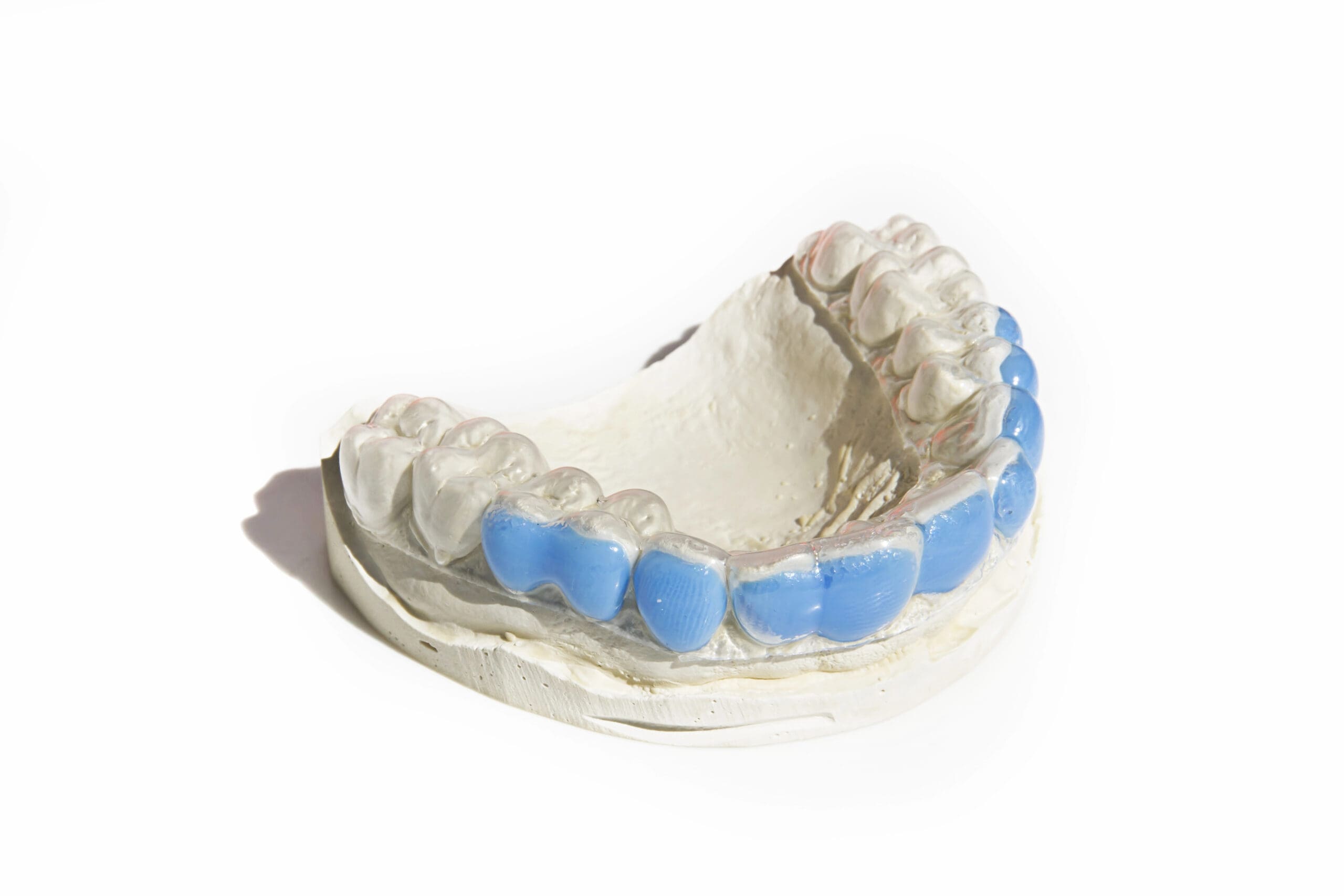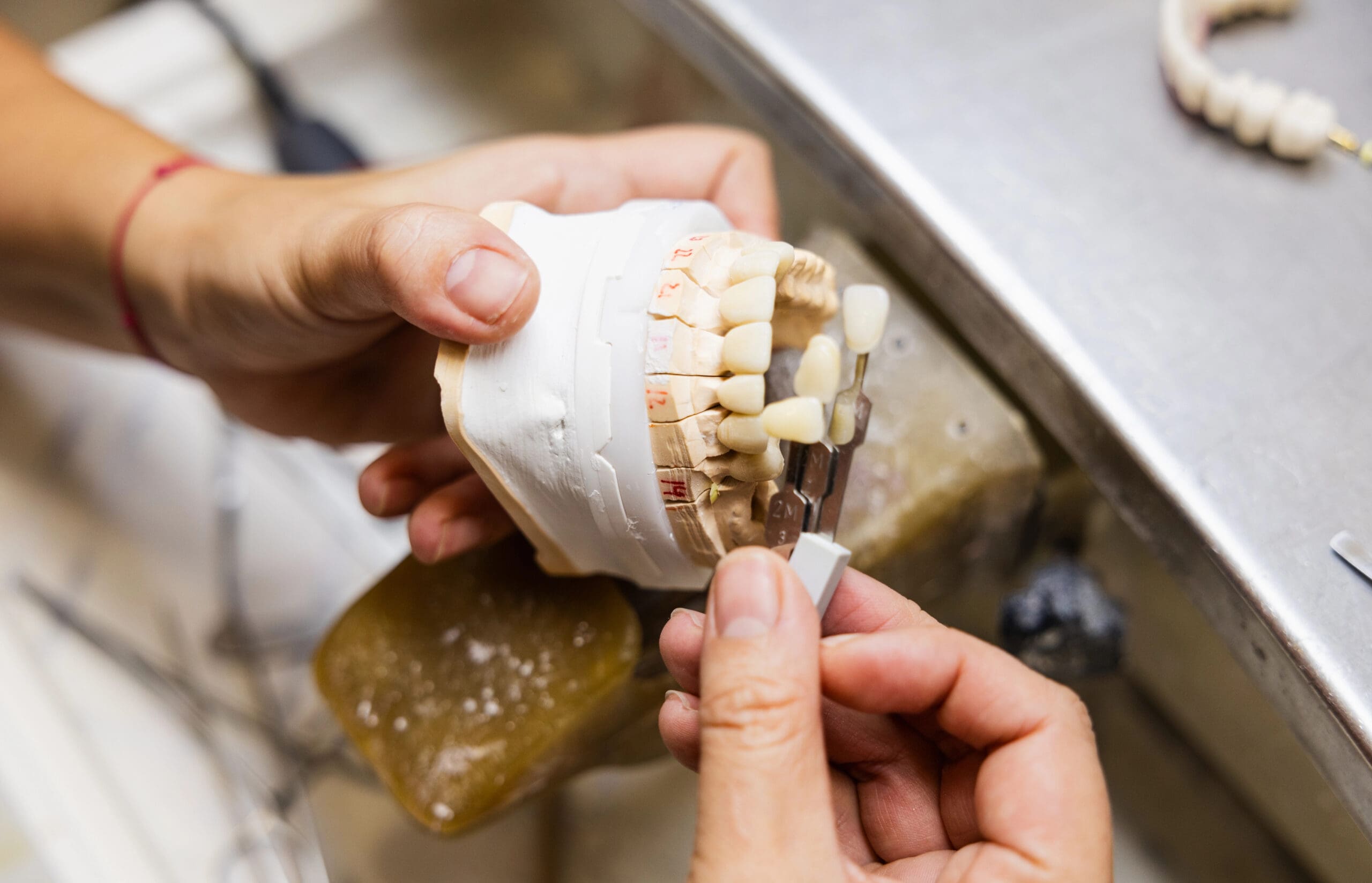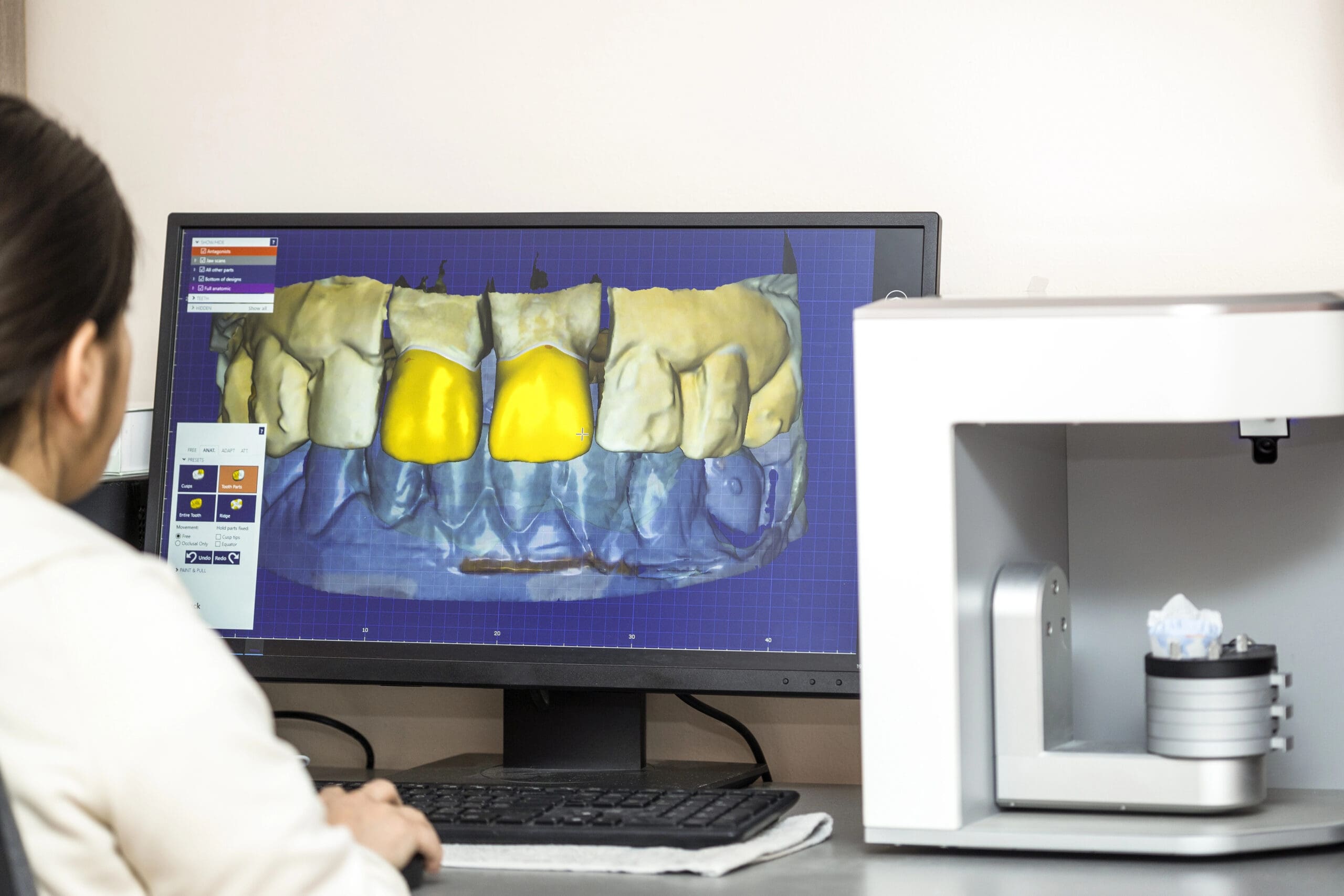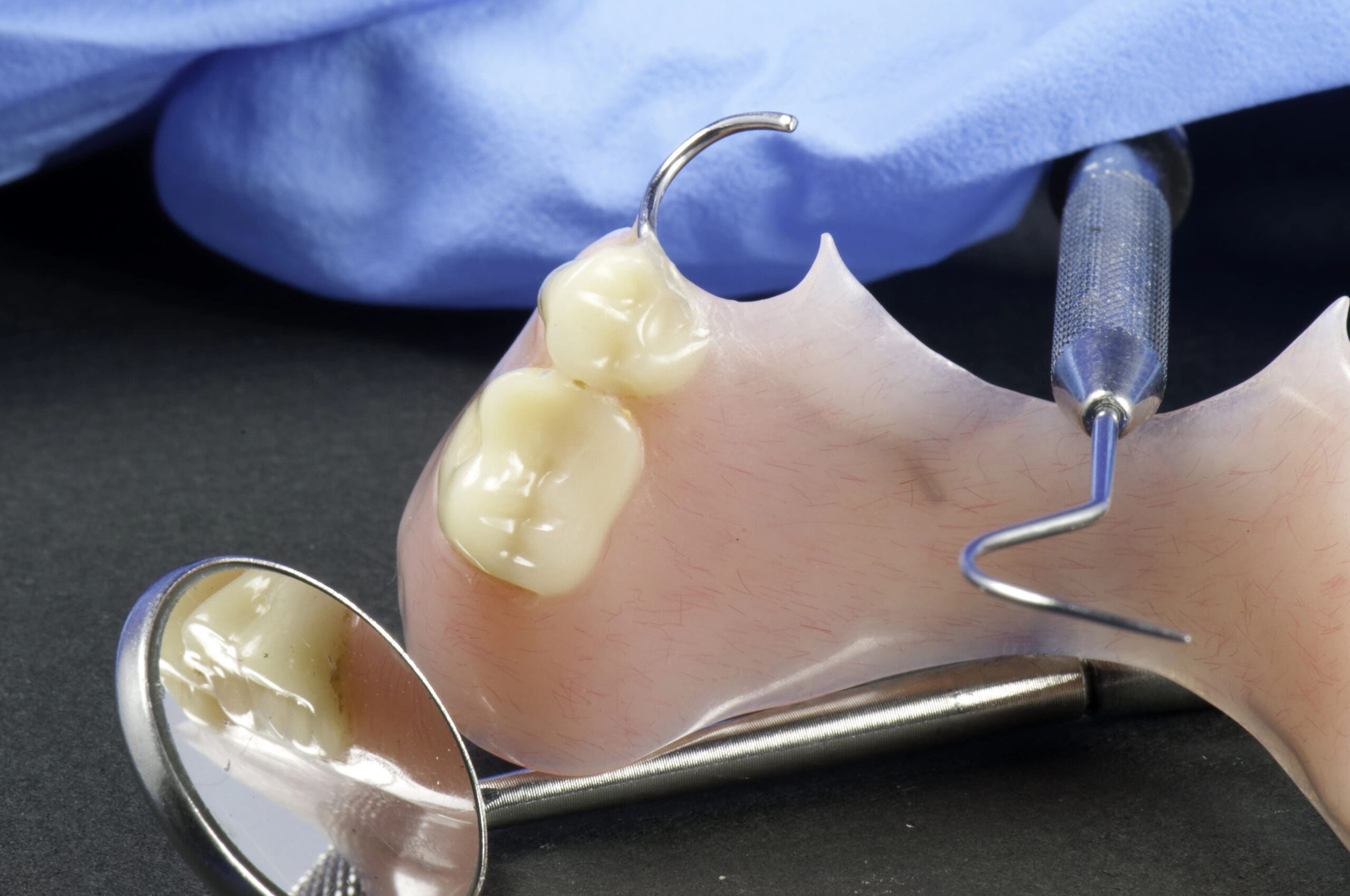Are you exploring affordable dental bridge options to restore your smile? Affordable dental bridge options can vary widely, providing different materials and methods to suit diverse needs and budgets. Understanding these options can help you make an informed decision that aligns with both your dental health and financial considerations.
Affordable Dental Bridge Options
Understanding Dental Bridge Basics
Dental bridges are a common solution for individuals looking to restore their smile and improve oral functionality. These prosthetic devices are designed to fill the gap left by one or more missing teeth, effectively “bridging” the space with artificial teeth. Affordable dental bridge options vary in materials and design, but all aim to provide a seamless and natural-looking result. By anchoring to the adjacent teeth or dental implants, bridges help maintain the alignment of your remaining teeth and support proper bite function.
When considering affordable dental bridge options, it’s essential to understand the different types available, such as traditional, cantilever, Maryland, and implant-supported bridges. Each type has its unique characteristics and suitability depending on the individual’s dental needs and budget. For more detailed information on the costs associated with these options, you can explore our guide on Dental Bridges for Missing Teeth Cost: What You Need to Know.
Affordable Dental Bridge Options
When considering affordable dental bridge options, exploring the various material choices is essential to finding the right fit for your smile. Dental bridges can be crafted from a range of materials, each offering unique benefits and characteristics. Common materials include porcelain, ceramic, metal alloys, and composite resin. These materials are selected based on factors such as durability, aesthetics, and cost-effectiveness. Understanding the differences between these materials can help you make an informed decision that aligns with your budget and personal preferences.
The choice of material can significantly impact the overall appearance and longevity of your dental bridge. For instance, porcelain and ceramic are often favored for their natural look, closely mimicking the appearance of real teeth. Metal alloys, on the other hand, are known for their strength and durability. Composite resin offers a balance between aesthetics and affordability. By exploring these material options, you can better understand how each one fits into the spectrum of affordable dental bridge options. For more information on dental bridges and to explore your options further, visit our page on Dental Bridges in Meridian.
Comparing Fixed and Removable
When exploring affordable dental bridge options, understanding the differences between fixed and removable bridges is essential. Fixed bridges are permanently anchored in place, typically using crowns on adjacent teeth or dental implants, providing a stable and durable solution that closely mimics the feel of natural teeth. On the other hand, removable bridges, often referred to as partial dentures, can be taken out for cleaning and maintenance, offering flexibility and ease of use. Each type has its own set of advantages and considerations, making it important to weigh factors such as comfort, convenience, and long-term oral health when deciding which option aligns best with individual needs and lifestyle preferences.
Cost Factors to Consider
When exploring affordable dental bridge options, it’s essential to understand the various cost factors that can influence your decision. The overall expense of a dental bridge can vary based on several elements, including the materials used, the complexity of the procedure, and the geographic location of the dental practice. Additionally, the experience and expertise of the dental professional may also play a role in determining the final cost. It’s important to consider these factors collectively to ensure you find a solution that fits both your budget and your dental needs. For those seeking guidance on affordable dental bridge options, Alliance Dental Care offers insights and services as a trusted Meridian Dentist.
Longevity and Durability Insights
When exploring affordable dental bridge options, understanding the longevity and durability of these solutions is crucial for making an informed decision. Dental bridges are designed to restore your smile and maintain oral functionality, but their lifespan can vary based on several factors, including the materials used and individual oral hygiene practices. Generally, dental bridges can last many years, providing a reliable solution for missing teeth. However, it’s important to consider that while affordable dental bridge options may offer cost savings, their durability might differ from more expensive alternatives. Balancing affordability with quality can help ensure that your dental bridge remains a lasting part of your smile.
Aesthetic Considerations for Bridges
When exploring affordable dental bridge options, it’s essential to consider the aesthetic impact on your smile. Dental bridges are designed to blend seamlessly with your natural teeth, enhancing your overall appearance while restoring functionality. The choice of materials and the skill of the dental professional can significantly influence the visual outcome, ensuring that the bridge complements your existing teeth in color, shape, and size. By prioritizing aesthetics, you can achieve a harmonious and confident smile that aligns with your personal preferences and lifestyle.
Maintenance and Care Essentials
When exploring affordable dental bridge options, understanding the maintenance and care essentials is crucial for ensuring longevity and functionality. Proper care involves regular oral hygiene practices, which help in maintaining the bridge’s appearance and structural integrity. Consistent cleaning routines can prevent plaque buildup and potential complications, contributing to the overall health of your smile. Additionally, being mindful of dietary choices can play a significant role in preserving the condition of your dental bridge. By prioritizing these maintenance aspects, individuals can enjoy the benefits of their affordable dental bridge options while promoting optimal oral health.
Consultation with Dental Professionals
When exploring affordable dental bridge options, consulting with dental professionals is a crucial step in the process. Dental experts can provide valuable insights into the various types of dental bridges available and help you understand which options might align with your specific needs and budget. By discussing your oral health history and current dental condition, professionals can guide you through the complexities of dental bridge choices, ensuring that you are well-informed about the potential benefits and considerations of each option. This personalized consultation is essential for making an informed decision about your dental health and achieving a smile that fits both your aesthetic desires and financial constraints.
Evaluating Personal Needs and Preferences
When considering affordable dental bridge options, it’s essential to evaluate your personal needs and preferences to ensure the best fit for your smile. Each individual’s dental situation is unique, and factors such as oral health, lifestyle, and aesthetic goals play a significant role in determining the most suitable choice. Understanding these personal elements can help guide you in exploring the various affordable dental bridge options available, ensuring that the solution aligns with your specific requirements and enhances your overall dental well-being.
Conclusion
Exploring affordable dental bridge options can lead you to the perfect solution for your smile; for more information, call 208-608-2098 or read reviews on Google Maps.





